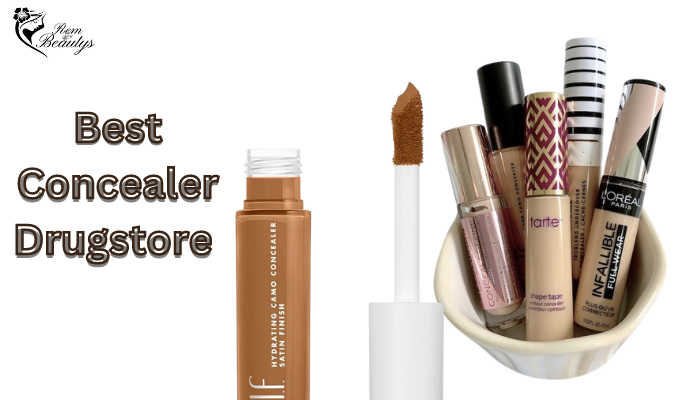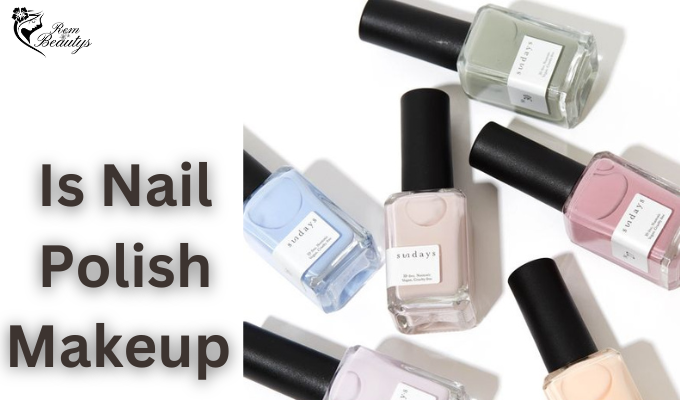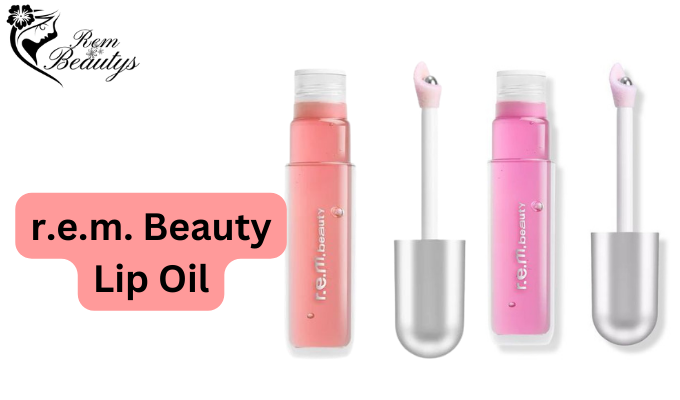An important component of ethical fashion is fair trade, which guarantees that manufacturers are fairly compensated. It fights for sustainable fashion, fair labor standards, and worker rights in the fashion industry.
Sustainable Fashion: Its Importance
Demand for sustainable clothing is on the rise as people throughout the world become more conscious of environmental problems. This is an attempt to lessen the effect of the bad things that have always been done.
At the Crossroads of Fair Trade and Style
Because of its power to influence societal norms, the fashion industry may serve as a force for good. Fairtrade principles have the power to transform the apparel industry and how consumers view it.
The Fashion Industry’s Present Environmental Impact:
Fashion’s conventional methods contribute greatly to environmental deterioration. Fairtrade programs support eco-friendly production practices, addressing this essential issue.
Labor Exploitation
Exploitative working conditions in third-world nations are a negative aspect of the fast fashion industry. Fairtrade provides ethical treatment, fair salaries, and safe working conditions.
Consumer Awareness
As customers desire transparency, fair trade practices respond by creating accountability in the fashion supply chain.
Fair Trade in Fashion: Integrating Fair Trade Practices:
Brands increasingly follow fair trade standards, fostering openness and responsibility. This integration is important for a responsible fashion business.
Supply Chain Impact
Fairtrade methods produce a beneficial ripple effect throughout supply chains, altering raw material sourcing, manufacture, and distribution.
Brands Embracing Fair Trade
Renowned brands pioneering in fair trade fashion set an example for others, contributing to good change in the industry.
Rise of Ethical Fashion: Consumer Demand for Ethical Products:
Consumers are shifting preferences towards ethically manufactured items, and fair-trade fashion matches this desire.
Social Media Influence
The power of social media amplifies the message of ethical fashion, affecting trends and consumer decisions.
Shifting Industry Standards
As consumer expectations develop, fair trade practices become industry norms, supporting a healthy fashion environment.
Benefits of Ethical Fashion: Environmental Conservation:
Fairtrade policies contribute to minimizing the industry’s ecological imprint through sustainable materials and production processes.
Empowering Workers
Fair trade not only assures fair salaries but also empowers workers, leading to higher living conditions and community development.
Building a Responsible Consumer Base
Brands pushing ethical fashion create a devoted consumer base committed to supporting responsible methods.

Challenges in Fair Trade Promotion Cost Considerations:
The apparent rise in expenses makes it difficult to implement fair trading practices. Brands must combine ethics and cost.
Scaling Ethical Practices
With increased demand, companies encounter obstacles in scaling ethical processes. Innovation and teamwork are vital for success.
Overcoming Industry Resistance
Education, campaigning, and displaying long-term advantages are vital in overcoming industry hostility toward fair trade.
Strategies for Brands:
Transparent Supply Chains
Building trust through transparent supply chains allows consumers to follow their items’ journey, creating confidence in fair trade businesses.
Collaborations with artists
Partnering with local craftspeople preserves traditional craftsmanship and promotes ethical fashion at the grassroots level.
Consumer education brands have a role in supporting fair trade by educating customers about the consequences of their decisions.
Case Studies
Impactful Initiatives
Highlighting successful fair-trade programs highlights actual benefits, from improved labor conditions to community development.
Positive Outcomes
Examining results gives real-world instances of achievement, demonstrating the beneficial influence of fair-trade policies.
Lessons for Other Brands
Analyzing successful fair-trade companies gives significant information to those looking to make a good impact.
Individual Contributions:
Smart Consumer Choices
Consumers participate by making educated choices and supporting businesses with fair trade standards.
Supporting Ethical Brands
Actively supporting and promoting businesses that conform to fair trade practices drives industry-wide adoption.
Advocacy and Awareness
Individuals help by increasing awareness and campaigning for fair trade fashion, generating positive change.
Future Trends
Technological Innovations
The future incorporates technical advancements in sustainable materials and industrial processes, minimizing environmental effects.
Evolving Consumer Expectations
Brands keeping ahead of growing customer expectations lead the way in crafting the future of ethical fashion.
Policy Changes
Government and industry policies may change to encourage and enforce fair trade practices, influencing the fashion industry’s landscape.
Role of Influencers: Leveraging social-media:
Influencers play a significant role in establishing fair-trade fashion trends on social media platforms.
Collaborating with Ethical Brands
Influencers engaging with ethical products create a strong story, demonstrating style and responsibility.
Encouraging Sustainable Practices
Influencers advocate sustainable habits, pushing followers towards mindful consumption.
Global Impact Potential Transformations:
The global fashion business experiences substantial adjustments as fair trade methods become mainstream.
International Collaboration
Global collaboration is crucial to tackling fair trade concerns, leading to more effective solutions.
Setting New Standards
Fairtrade methods create new industry norms, persuading businesses to adhere to responsible and ethical fashion.
Addressing Misconceptions
The affordability of Ethical Fashion
Ethical fashion doesn’t have to be pricey; manufacturers may provide inexpensive solutions without compromising quality.
Limited Style Options
Fair-trade fashion is broad, offering many styles to suit different customer inclinations.
True Impact on the Industry
Fairtrade policies tangibly enhance worker conditions, environmental conservation, and industrial responsibility.
Conclusion
Recap of Key Points
Promoting ethical and sustainable fashion through fair trade is not a trend but a necessary progression. From lowering environmental impacts to empowering workers, the benefits are wide.
Call to Action for Readers
Readers are asked to support fair trade clothes, make educated choices, and participate in converting the industry into a more ethical and sustainable sector.
FAQS:
What is the difference between ethical and sustainable fashion?
Ethical fashion focuses on the equitable treatment of workers, whereas sustainable fashion examines environmental effects across the production chain.
How can people know if a brand respects fair trade practices?
Look for certifications like Fair Trade Certified or explore businesses’ openness in their supplier chain.
Are fair-trade items more expensive than conventional ones?
While there may be a little price difference, the long-term advantages frequently surpass the initial expenditure.
Can tiny enterprises help fair trade in the fashion industry?
Yes, by procuring responsibly, cooperating with ethical suppliers, and publicly discussing their efforts.
What function do certifications have in assuring a brand’s ethical practices?
Certifications ensure consumers that a brand complies with specified ethical standards, affecting purchase decisions.
Is fair-trade fashion confined to particular styles?
No, fair trade fashion is diversified, giving many styles to suit different customer inclinations.











